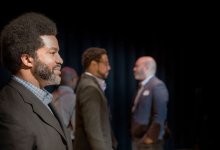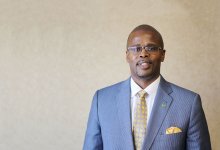The Crisis in Black Education
Three educators share candid, practical ideas about complex issues of race and equity in our schools.
Your content has been saved!
Go to My Saved Content.The theme of Black History Month in 2017 was “The Crisis in Black Education.” In order to give our readers a sense of the scope of that crisis, we interviewed educators with a range of opinions on the topic.
Sharif El-Mekki, principal of a 7th- to 12th-grade school in Philadelphia with a predominately African American student body, believes that the lack of African American male teachers is a critical problem in his community. He wants his students to see Black males in leadership positions so that they can imagine themselves in such positions. So he’s set a goal of recruiting and supporting Black male educators in Philadelphia, and founded a fellowship dedicated to that end.
Antwan Wilson, chancellor of Washington, DC’s public schools, promotes the use of restorative justice instead of suspension—a punishment given more often nationwide to Black students than to White ones. We spoke with him about his experiences with school integration growing up, and about what it takes to support African American students from preschool on.
Bettina Love, a professor of education at the University of Georgia, disagrees with the idea that there is a crisis in Black education. She reframes the issue as a broader educational justice crisis that requires a response from society as a whole, not just from Black educators or families. Love offers a multimedia civics curriculum based on hip-hop culture to meet students where they are and to leverage their grit and critical thinking and problem-solving skills.



